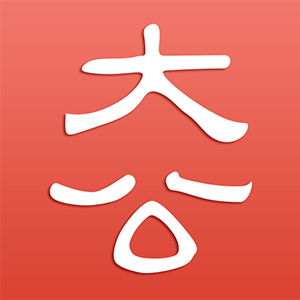
Hawkish (adj.)
●鷹派,來自名詞hawk(鷹)原是政治詞語。主張採取強硬手段解決分歧的人士就是hawk,其態度或立場就是hawkish,而主張採取柔性溫和手段者稱為「鴿」(dove),其態度或立場就是dovish。在美國,這些術語被引申來形容美聯儲官員的貨幣政策(monetary policy)立場,主張貨幣政策的首務是控制通脹者是鷹派,因為要控制通脹就必須加息維持緊縮的(tight)貨幣政策;而鴿派則強調維持低失業率,而要刺激就業就要採取寬鬆的(loose)貨幣政策。
Liquidity (noun)
●流動性,金融術語,通常指資產變現(convert to cash)的難易程度,愈容易變現的資產流動性愈高。現金(cash)是流動性最高的資產,而股票的流動性有比房地產高。宏觀經濟(macro economy)的流動性則指在經濟體系中貨幣的投放量的多少,如果央行投入過多貨幣,會造成了流動性過剩,容易引發通貨膨脹和經濟過熱。
Be bound to (phrase)
●To be certain or destined to.(必定會)
Examples:
1.In the long run , prices are bound to rise .
2.When you are dealing with so many patients, mistakes are bound to happen.
Trivial (adj.)
●Not serious, important, or valuable.
(細小,瑣碎)
Examples:
1.I don't know why he gets so upset about something so trivial.
2.Sexual harassment in the workplace is not a trivial matter.
Go against (idiom)
●To oppose; to be in conflict with.(反對,違背)
Examples:
1.Does this legislation go against their best interest?
2.Public opinion is going against the government on this issue.